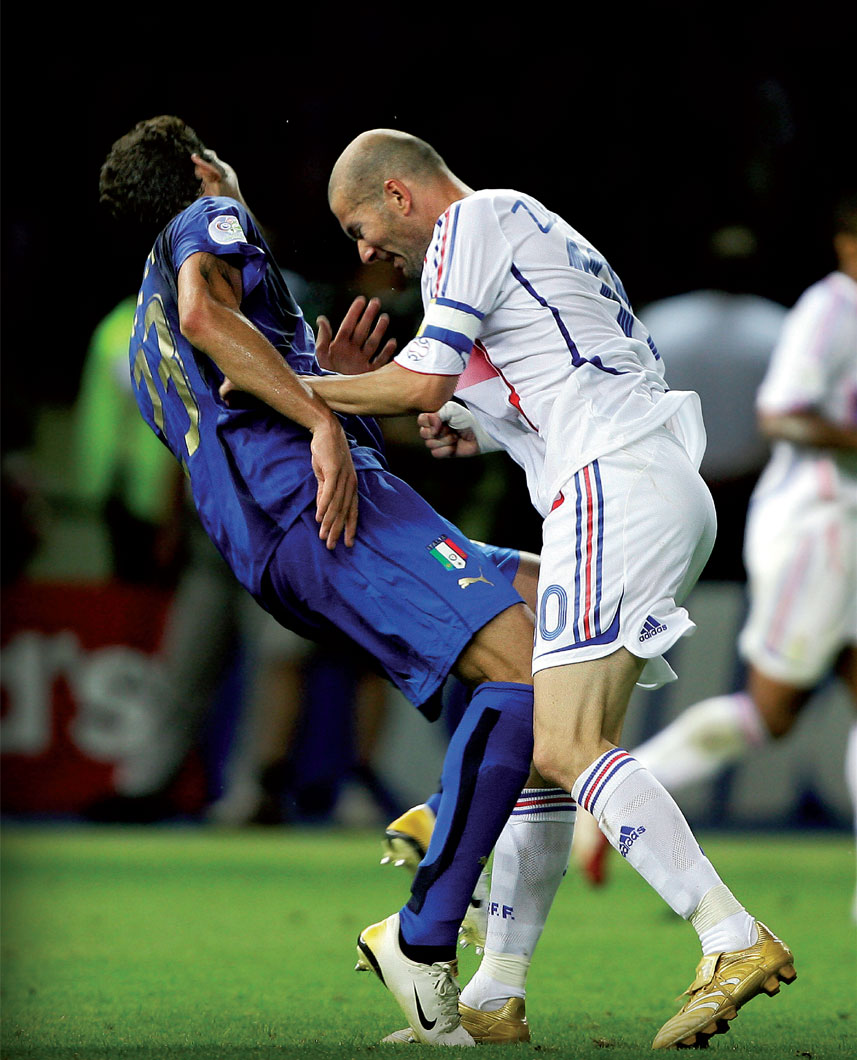Introduction
Conflicts are part of life. Usually theyre small, but sometimes they blow up into battles that grind your life to a halt. Unfortunately, many conflicts just drag on and on, or worse, escalate. As a lawyer and negotiator, my job is to solve conflicts. Few people know how to avoid or solve a conflict. One person focuses on the issue at hand, but forgets that theres a human being on the other side of the table. Another opts for a friendlier approach, but ends up making too many concessions. And yet another reacts impulsively, lets his ego get involved, worsens the conflict and creates a resentful opponent.
In my practice, I have observed that every conflict large or small, personal or professional reveals similar patterns. There are only a few patterns, and they keep resurfacing again and again. In order to solve a conflict, you have to recognize and break through these patterns. In this book I explain how you can do this. There are 75 lessons, not all of which I have come up with myself, but which I have always been able to apply successfully. I show you, for example, that you shouldnt be hard or soft, but both: hard on the problem, but soft on the person. I explain why Freddy Heineken was a good negotiator, how to deal with cowboys and hysterical women, why sorry is such a great word, and when you should share a bite with someone.
Once you have read this book, you will be able to solve almost any conflict in a simple manner.
Aernoud Bourdrez
Contents
Introduction
Elementary Rules
Attitude
Tips Before You Begin
Approach
Deal-makers
Pitfalls
the Offer
the Message
Human Natures
to Conclude
Further Reading
#1
Begin with the end in mind
What is this conflict really about? What actually matters? And what doesnt matter at all? If you feel cheated, it is very likely that youre not seeing straight. Youve lost sight of what really matters to you. Youre so disappointed, frustrated and furious, that you can only think of one thing: retribution! But getting back at the other person wont make you feel better. And it certainly wont get you what you want. At best, he will lick his wounds for a while. At worst, youll have a full-blown escalation on your hands. At such times, stop and ask yourself: How do I want to remember this conflict? What will still seem important to me ten years down the road? Will I be proud of the way I handled it? In other words: Begin with the end in mind.

#2
Never
Lose
Sight
A conflict can arise when two people have opposite thus clashing interests. That makes it difficult to keep your focus on the goal. Take the Taekwondo fighter in the picture. Hes missed out on the bronze medal and hes pissed. You cant really blame him: hes trained his whole life for an Olympic medal. But, in his rage, he kicks the referee in the face. No doubt hes blowing off a lot of steam, but hes also saying goodbye to any chance of an Olympic medal which, after all, is what he wants. Youll only achieve your objective if you focus on it.
#3
Avoid Bickering
Lets say a client of yours owes you money. He claims he never got your invoice. You could protest: Thats impossible! Youre not crazy and you know you sent him the bill over three months ago, as a matter of fact. But then you would be inviting a noisy Did not! Did so! discussion. As these as you might remember from when you were very, very young lead nowhere. Dont be distracted and remember your objective: to get paid. It is much more effective to remain calm and simply ask him how many days it would take him to pay if you mail him another invoice. This way youll get a commitment, and a commitment almost always leads to a quick payment.

#4
Fight
For
Your
Right
You are what you believe. Fight for what you are. What do you believe in? Creative freedom, respect or money? Then fight for it. Not everyone will agree with you. But everyone will respect you for acting consistently with what you believe. Fight.

#5
the
Purpose
Of
War
is
Peace
Imagine that someone violates your rights. Or treats you badly. Or lies to you. You didnt ask for it, but youve got a problem. And theres a big chance that, sooner or later, it will grow into a confl ict. To solve the situation youll have to face it, whether you like it or not. Therefore, dont walk away: make sure youre clear about what your interests are, and then go and discuss the matter to try and resolve it. If this peaceful attempt comes to nothing, then simply take the person to court. Sometimes you have to first strike a blow to reach a solution.
#6
Man
is
not
Ball
You have a conflict. No need to worry; it happens to the best of us. But play the ball, not the man. True: playing the man can work, but then only one person wins and the relationship is over. Take the Italian soccer player Materazzi. During the 2006 World Cup, a couple of pointed insults he made regarding Zidanes sister made the French star player lose control. He head-butted the Italian and was thrown out of the game. If your objective is to eliminate your opponent, this might work. But if you want to reach an agreement, youll have to separate your opponent from the problem. Tackle the conflict, not the man. You and he are going to have to seek a solution together.


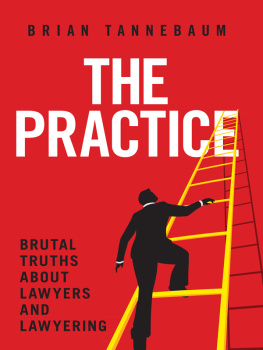
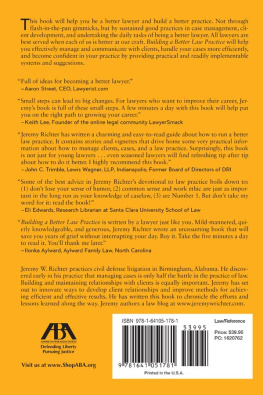
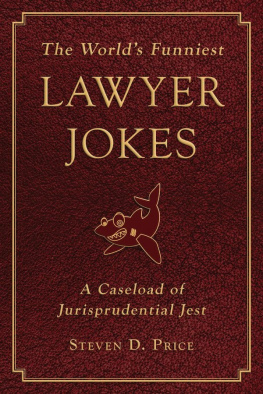
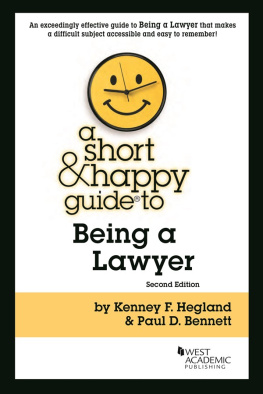
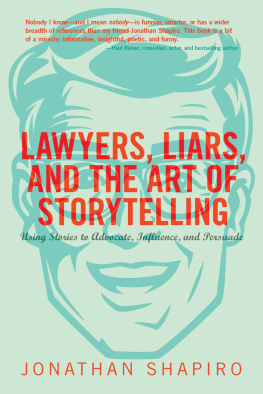
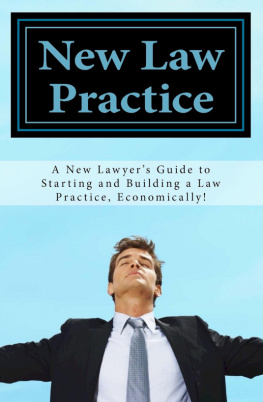
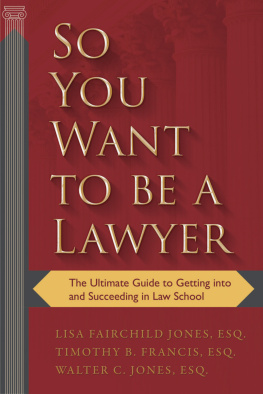
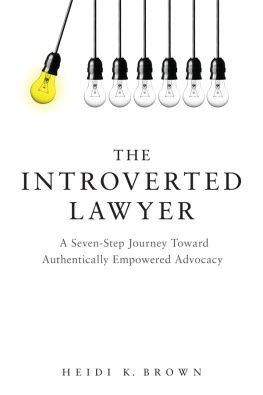
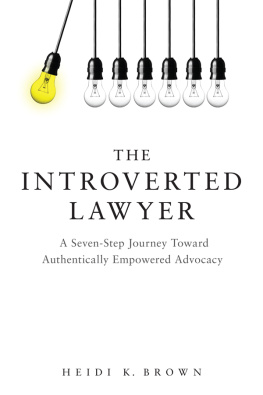
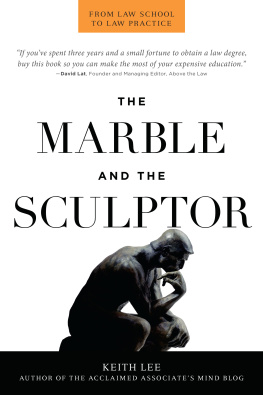
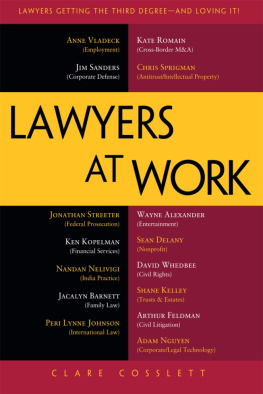



 #2
#2

 #4
#4
 #5
#5